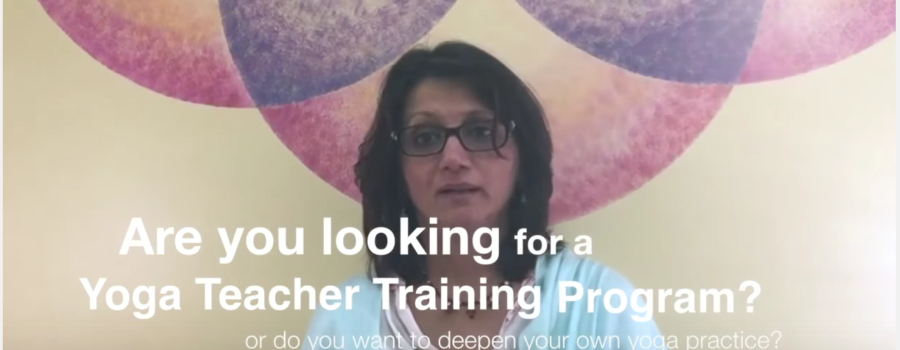Greetings Everyone,
I am blessed to have learned so much from Ms. Poonam, the director for the Yoga Teacher Training program here. But, of course … I had a lot of questions before I was ready to make a decision. Ms. Poonam was patient enough to sit with me and answer them all which really helped me to choose what was best for me. I thought others may have similar experiences so I asked Ms. Poonam if she wouldn’t mind recording a brief Q & A to post on our new blog. If you have questions or comments please don’t hesitate to e-mail us: universalspirityoga@gmail.com.
Question: Is the Yoga Teacher Training only for people who want to be certified and who plan to teach yoga?
Not necessarily, because a lot of people want to go deeper into their own yoga practice. Sometimes I have doctors who take teacher training and their goal is not to really become a yoga teacher, but they want to improve or deepen their own yoga practice. They want to learn more about Pranayam, learn more about Ayurveda, or learn more about modifications of the poses. So, it is a wonderful knowledge that can be used to help others as well as to help yourself.
Question: Have you found that there is an increase in the number of people who are also coming to the class in terms of a vehicle for self-growth?
Yes, I think your yoga journey begins when you start to do a little bit of self-reflection and for some people that self-reflection may come in the form of physical wellness; for other people it may assume the form of energetic wellness. People may become conscious of how their energy is flowing or how their energy is being depleted. Also, if people want to improve their meditation and they find their mind is very active, sometimes just doing a physical yoga practice will help them to sit longer or be more stable as they pursue their meditations.
Question: Is that something that is taught in the Yoga Teacher Training Course? Is there a component for furthering one’s meditation?
We do learn some meditation techniques during our training. One technique is called “Trakar” in which we focus on a candle. That is practiced during teacher training. The training also helps people who struggle with sitting, who want to sit on the floor and can’t sit on the floor. So, there are some modifications to make them be comfortable if they are sitting for extended periods in meditation.
Question: What about people who come from a religious background that a formal vehicle of meditation isn’t necessarily something that they resonate with. Or, let’s say they have their own path already; they have their own spiritual path already but they are drawn to yoga. How would you address those people who want to explore that world but don’t want to betray the teachings that they’re already immersed in?
I think a lot of people have that in the back of their mind because a lot of people think that Yoga comes from India or from an Eastern background, or has its roots in Hinduism. A lot of people think that if they start doing Yoga they will have to become Hindus: That is not the case. One way of understanding that is that there is Religion and then there is Spirituality. I see Religion as an exoteric practice, as a physical expression of some community who believe in a common Founder or Leader. Spirituality, I see as your own personal spiritual practice. You may call it meditation; you may call it self-reflection; you may call it connecting to your Higher Self. Yoga is a lot about your personal growth. Yoga does not interfere or should never interfere with anybody’s personal belief system or connecting to your own True Self.




